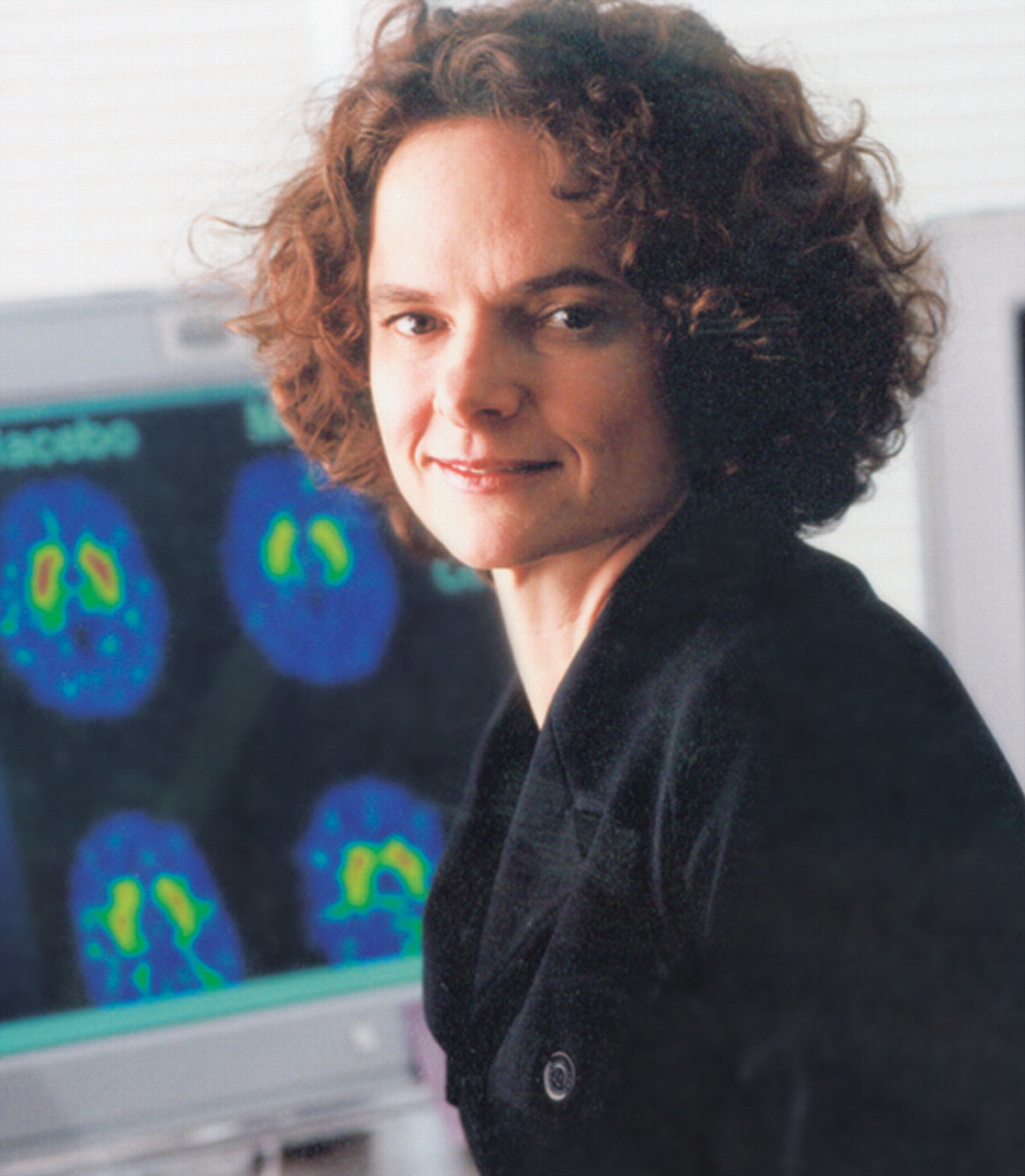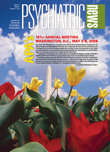The National Institute on Drug Abuse (NIDA) is once again sponsoring a special track of sessions at APA's annual meeting focusing on the latest research regarding the identification and treatment of substance abuse and addiction.
The NIDA track, titled “The Science of Addiction: Translating New Insights Into Better Psychiatric Practice,” includes lectures, symposia, issue workshops, and at least one forum. If history is any judge—previous NIDA-sponsored tracks were heavily attended in 1998 and 2004—this year's sessions will prove to be not only a popular draw but also highly regarded.
NIDA Director Nora Volkow, M.D., has long been an ardent supporter of APA's annual meeting as a premier educational venue for psychiatrists, and, as she did in 2004, she has taken an active role in the overall development of the NIDA track as well as specific sessions within the track.
“The intent of these annual meeting tracks,” Volkow told Psychiatric News, “is to make psychiatrists more aware, more conscious, of substance abuse, so that they can be incentivized to be more involved with its treatment.”
While comorbidity between substance abuse and addiction and other mental illnesses is once again a strong theme running through the sessions, Volkow said, this year there is also a strong focus on identifying and treating patients with a substance abuse problem where it occurs on its own.
“There will be presentations on the latest scientific findings,” Volkow continued, “and [sessions focused] on bringing forward new ways of treating as well as preventing drug abuse and addiction in general.”
The APA annual meeting, Volkow noted, is the perfect educational setting for these types of sessions, because it brings together a substantial concentration of individuals whom Volkow considers her perfect captive audience.
Psychiatry is “the one specialty within the field of medicine that is uniquely qualified to address these brain diseases,” she commented,“ and as such it is the responsibility of the psychiatrist to treat these patients.”
However, the representation of psychiatry in the drug abuse treatment community, Volkow said, “has been badly eroded over the last couple decades. The majority of substance abuse patients are treated by other specialists—psychologists, clinical social workers, licensed counselors, and others—who have been a tremendous resource to the field and to patients. But overall the field of addiction psychiatry “urgently requires a much stronger psychiatric infrastructure to support the treatment of patients with substance abuse and addictive disorders.”
Particularly important to Volkow is ensuring that psychiatry residents get a good grounding in addiction psychiatry so that identifying and treating patients with substance abuse problems is second nature to them from the start of their career. To that end, she is leading a forum for residents titled“ Substance Abuse in Your Patients: Beyond What Is Taught in Your Residency” at noon on Monday, May 21.
The NIDA track will open on Monday, May 21, at 9 a.m., with a lecture by Rep. Patrick Kennedy (D-R.I.) titled “The Road to Equity: Marching Toward a Just Treatment of Mental Illness and Addiction in America.”
Volkow will present a lecture in the Frontiers of Science series on Tuesday, May 22, at 9 a.m. titled, “The Neurobiology of Free Will in Addictive Disorders.”
At 2 p.m. that same day, Volkow will be joined by National Institute of Mental Health (NIMH) Director Thomas Insel, M.D., National Institute on Alcohol Abuse and Alcoholism (NIAAA) Director Ting-Kai Li, M.D., and Suzanne Vogel-Scibilia, M.D., representing the National Alliance on Mental Illness (NAMI), in the Presidential Symposium “Current Research Advances: APA/NIMH/NIDA/NIAAA/NAMI Perspectives.” The session will be chaired by APA President Pedro Ruiz, M.D., and co-chaired by Darrel Regier, M.D., director of APA's Division of Research and executive director of the American Psychiatric Institute for Research and Education.
Another session expected to be of interest to many APA members is the symposium “Insights on Obesity and Drug Addiction From Brain Imaging,” which will be held on Monday, May 21, at 2 p.m.
The list of sessions to be included in the NIDA track had not been finalized by press time. The list will be published in a future issue ofPsychiatric News. ▪

